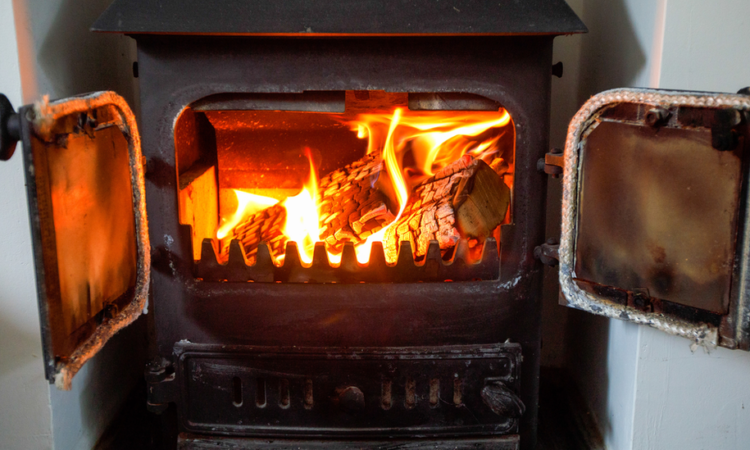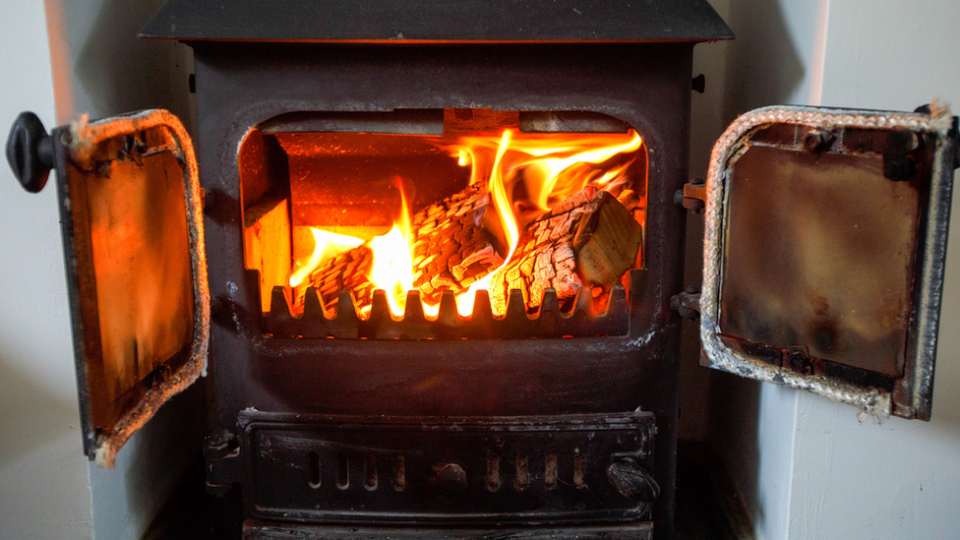

A campaign highlighting the environmental damage of wood burners is reaching its conclusion on Wednesday night.
The Global Action Plan’s Clean Air Night, funded by Hertfordshire County Council, will share a series of videos on the topic online.
The group said wood burning creates “more harmful CO2 emissions compared [with] other forms of heating”.
St Albans City and District Council is also supporting the initiative.
“The uncomfortable truth is that lighting fires in our homes has become the largest source of small particle air pollution in the UK,” said Raj Visram, the Liberal Democrat lead for climate at the council.
An estimated 1.5 million homes use wood for fuel across the UK.
Domestic combustion is believed to account for 27% of the UK’s fine particulate matter emissions (PM2.5), the majority of which comes from burning wood and coal in open fires and stoves.
Tessa Bartholomew-Good, head of campaigns at the Clean Air Programmes at Global Action Plan said: “The uncomfortable truth is lighting fires in our homes is the largest source of small particle air pollution in the UK, causing serious harm to our lung, heart and brain health.
“On top of this, burning wood produces more carbon dioxide than coal or gas.”
The group said wood burners were also a more expensive form of heating.
Matthew Clark, programme manager for air quality at the county council, said: “Local authorities are uniquely placed to to take action on this growing issue and protect the health of our residents.
“That’s why Hertfordshire County Council is proud to be supporting the first-ever Clean Air Night campaign, and we encourage other councils and organisations to join us in starting a national conversation on the harms of wood burning.”
The council, which has funded the campaign, said it was working with the environmental charity because the campaign aligned with the council’s vision for a “cleaner, greener, healthier Hertfordshire”.
Follow East of England news on Facebook, Instagram and X. Got a story? Email eastofenglandnews@bbc.co.uk or WhatsApp 0800 169 1830






